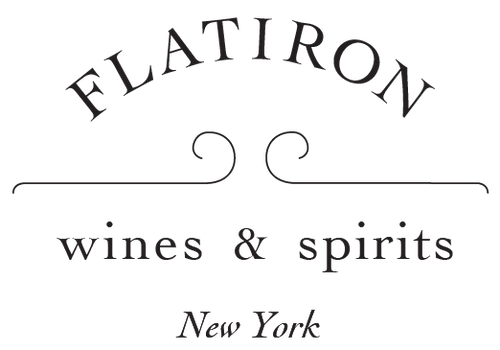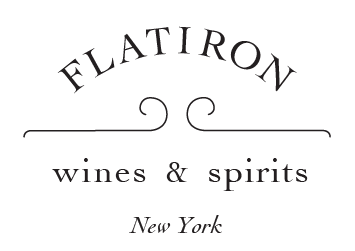The 12th century building on this estate was occupied by the Immich family from the middle ages until 1989. It was Carl August Immich who was responsible for the Batterieberg title. It refers to his demolition of the steep rock face Enkirch hillside by dynamite in order to make it (slightly) more hospitable to growing vines.
In 2008 after a stint at Von Volxem and Knebel, Gernot Kollmann and his partners purchased the estate and he took over the winemaking. The vines are some of Germany's most genetically diverse, from pre-phylloxera-own-rooted vines.
Vineyards are centered on the quartz and grey slate of Batterieberg, but also include plots in blue slated Ellerbrug, red slated Steffensberg and quartz and grey slate of Zeppwingert.
Cellar work is minimal with all wines allowed to ferment naturally without the additions of yeast and with only minimal sulphur. The wines are vibrant, complex and long lived.
Professional Reviews
Robert Parker
Details
-
Grape Variety
-
Vintage
2022
-
Size
750ml
-
Farming Practice
Biodynamic
-
Sweetness
Off-Dry
-
Body
Medium Bodied
German Wines
Is there a better grape than Riesling? Is there a better value? Its fruit purity, its perfume, and its mineral nuance are all unparalleled. And for centuries, the top German Rieslings were priced accordingly: at least as expensive as the top red wines of Bordeaux and Burgundy. But nowadays you could spend a lifetime exploring Germany’s great Riesling-producing regions while staying well within your budget. You might take an occasional break to try Germany’s other white grapes or perhaps a glass of Spätburgunder (the local name for Pinot Noir). It’s time to get started!

















![Agrapart et Fils, Champagne 7 Crus Extra Brut [Base 2020/2021], NV](http://nyc.flatiron-wines.com/cdn/shop/files/Agrapart-et-Fils-Champagne-7-Crus-Extra-Brut-Base-20202021-NV-Sparkling-Wine-Flatiron-Wines-Spirits-New-York_{width}x.jpg?v=1723042025)
![Agrapart et Fils, Champagne Extra Brut Blanc de Blancs Terroirs Grand Cru, NV [2019/2020]](http://nyc.flatiron-wines.com/cdn/shop/files/Agrapart-et-Fils-Champagne-Extra-Brut-Blanc-de-Blancs-Terroirs-Grand-Cru-NV-20192020-Sparkling-Wine-Flatiron-Wines-Spirits-New-York_b0f2544b-9427-4eaa-a079-1a2659de97a8_{width}x.jpg?v=1727361678)





